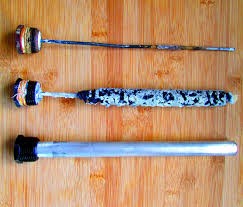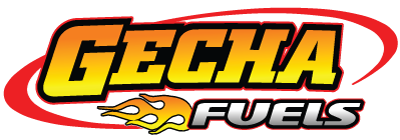Frequently Asked Questions (FAQs)
Here are some frequently asked questions and maintenance tips that you can do at home to improve the efficiency of your heating system and also some tips in the event you may be having a problem with your system.
An annual tune-up and inspection involves having your heating system cleaned by a qualified technician on a yearly basis. This is the best way to ensure your heating system will operate most effectively and safely, and will certainly save you money.
Beyond tune-ups, there are several additional things that you can do yourself to improve the efficiency of your heating system. There are also some things to watch for that may indicate you need a visit from a qualified technician.
Please see our Maintenance and Service section for a detailed description of our service offerings, annual tune-up details.
Small leaks in your heating system, circulator pumps or plumbing fixtures can turn into a major headache if not addressed. Leaking circulators or heating pipes can damage your heating system or cause health issues.
Warm air registers should be cleaned from debris buildup that can restrict the flow of warm air from your furnace. Clean and vacuum your baseboards and registers yearly to keep air flowing over your heating registers freely. Make sure that carpeting or drapes are not blocking any heating register or radiators.
Dirty or clogged furnace filters could cause your furnace to work harder, thus reducing heating efficiency, waste money, and most importantly, cause premature failure of furnace parts or your entire furnace. Check your filter monthly during the heating season. When it is covered lightly with dust, change it. Some filters need to be changed more often than once a year, but not as often as once monthly.
 Anode Rods save your water heater. The single most important factor in whether a water heater lives or dies is the condition of its sacrificial anode. Basically your anode is consumed to protect the inside exposed parts of your hot water tank from being damaged from galvanic action and mineral. Changing your anode rod before it is completely consumed is crucial in saving your hot water tank from premature failure resulting in replacement.
Anode Rods save your water heater. The single most important factor in whether a water heater lives or dies is the condition of its sacrificial anode. Basically your anode is consumed to protect the inside exposed parts of your hot water tank from being damaged from galvanic action and mineral. Changing your anode rod before it is completely consumed is crucial in saving your hot water tank from premature failure resulting in replacement.
Never let your oil tank get below 1/4 tank and never let it run out of oil. If you run your heating system out of oil it will have to be primed manually to properly work again. Your system may also have pulled some sludge or debris from within your oil tank if it is an older tank. This sludge or debris can cause filter and nozzle damage that may require replacing these items to return your furnace or boiler to performing at its peak efficiency again. An improper spray pattern at your nozzle will cause soot build up in your heating system that will decrease efficiency and could cause air quality and health and safety issues.

